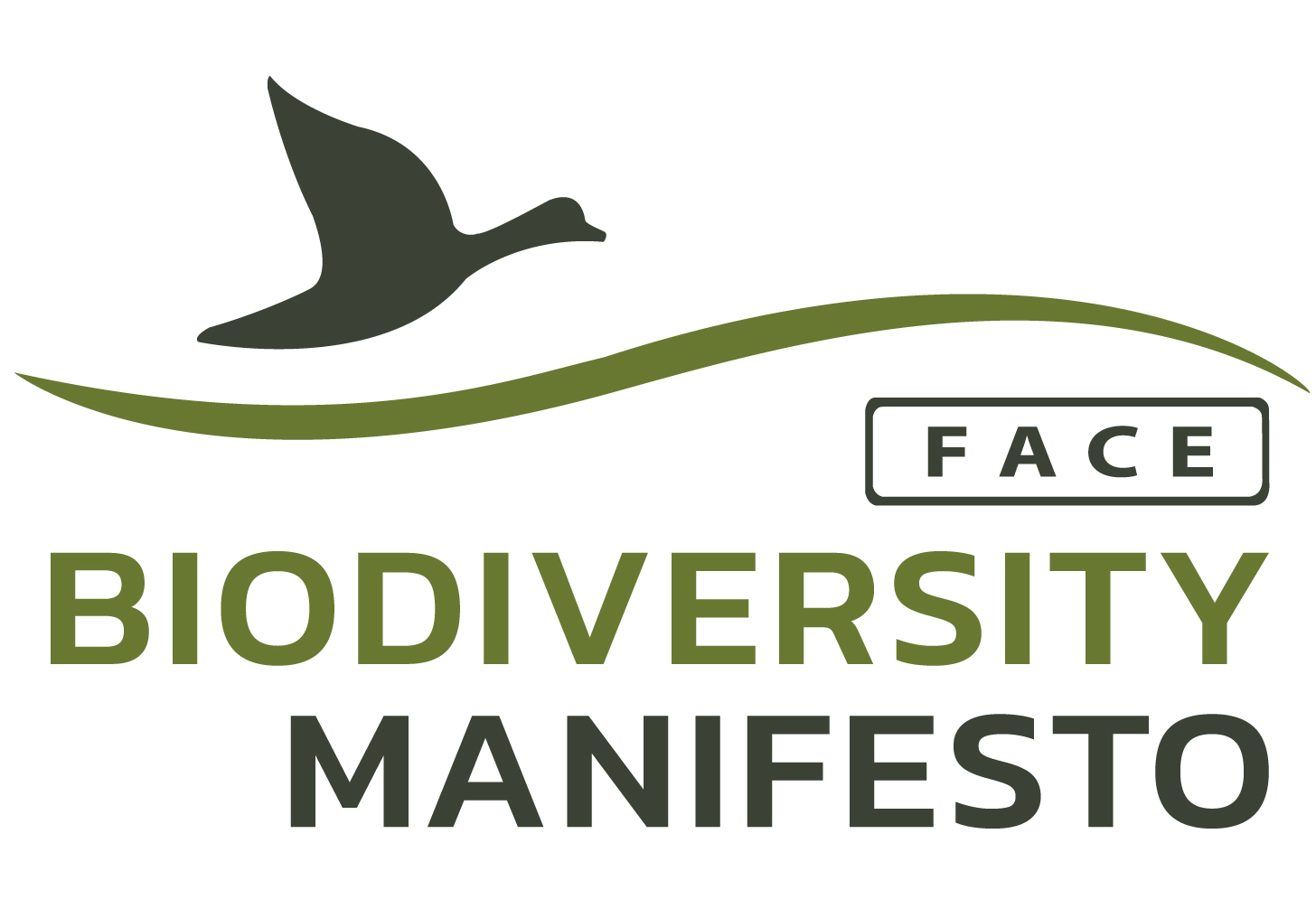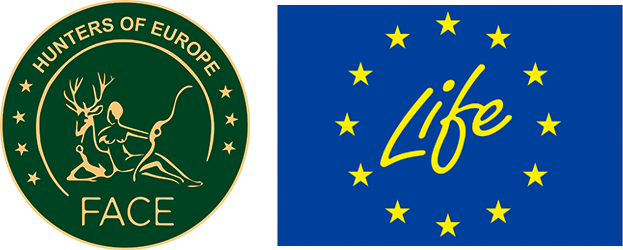The intensification of agriculture has brought numerous changes to farmland habitats and, consequently, to farmland species. Habitat destruction and homogenization, along with the use of certain agricultural techniques, are incompatible with the ecology of some farmland species, threatening their future. One of these techniques involves phytosanitary products, which are intended for plant health—that is, for pest and disease control. These include herbicides, insecticides, bactericides, and fungicides, which may have a significant direct or indirect impact on farmland biodiversity.
Species such as the Wild Rabbit (Oryctolagus cuniculus) and the Iberian Hare (Lepus granatensis), along with other lagomorphs across Europe, have been experiencing declines, making it increasingly urgent to take action to conserve these species. The Extremadura Hunting Federation (FEDEXCAZA), through its program supporting hunting research projects, collaborated with Spanish academic and research institutions to launch the Regula project.
The primary objective was to study the relationship between exposure to phytosanitary products and diseases in wild rabbits and Iberian hares. The aim was to understand the interactions between these factors and assess their implications for the declining populations of these species. The research team focused on examining the levels of phytosanitary product exposure in natural populations of Iberian hares and wild rabbits. They also investigated the relationship between this exposure and infections such as myxomatosis in both species and viral hemorrhagic disease in rabbits. Additionally, the study evaluated the impact of exposure to phytosanitary products and/or viral diseases on various reproductive parameters in males and females.
Hunters played an essential role in this research by collecting samples during the 2021-2022 hunting season, gathering samples from hunted animals and those found dead on hunting estates in Extremadura, both with and without exposure to phytosanitary products.
The results obtained from the Regula Project reveal high prevalence rates of pesticide residues in the gastric content of animals from treated areas, comprising 39% of hares and 63% of hunted rabbits, as well as 25% of hares and 40% of rabbits found dead. Among the 10 detected pesticides, the herbicide glyphosate was the most prevalent, appearing in 26% of hares and 44% of hunted rabbits in treated areas.
Although none of the analyzed animals showed levels of pesticide residues compatible with acute or lethal poisoning, findings regarding the prevalence of antibodies against the myxoma virus (in hares and rabbits) and the hemorrhagic disease virus (in rabbits) suggest that populations of rabbits and hares in areas treated with pesticides might have a reduced capacity to face viral infections, leading to higher mortality rates during outbreaks of these diseases. Additionally, reproductive studies indicate diminished reproductive capacities in both male and female rabbits and hares inhabiting agricultural areas treated with pesticides. This negative effect, observed in some studied parameters, is exacerbated in individuals exposed to the myxoma virus.
Overall, the Regula Project suggests that rabbits and hares in agricultural ecosystems are chronically and sublethally exposed to a “cocktail” of pesticides. This exposure appears to interact synergistically with viral diseases, with implications at epidemiological and reproductive levels, potentially compromising population survival and viability. Hence, the combination of “viral diseases and pesticide exposure” could partly explain the population decline observed in lagomorphs in agricultural settings in Spain and other regions of Europe in recent decades.
The Regula Project underscores the need to adopt effective agro-environmental measures to conserve and protect farmland species. These measures could help reverse the negative trend observed worldwide in recent decades regarding associated biodiversity loss. Moreover, the Regula Project marks significant progress in the field of ecotoxicology by addressing the monitoring of wildlife exposure to pesticides and serves as a reference for determining pesticide levels in Iberian wildlife associated with agricultural systems.
The Regula Project has been led by researchers from the Regional Institute for Agri-food and Forestry Research (IRIAF), in close collaboration with scientists from the Wildlife Toxicology Research Group of the Research Institute on Game Resources (IREC – CSIC, UCLM, JCCM), the University of Extremadura (UNEX), and the University of Córdoba (UCO), with financial support from FEDEXCAZA and contributions from hunters and hunting estates in Extremadura.
Policy Relevance
At a time when the future Common Agricultural Policy (CAP) is being planned, projects like the Regula Project, which have hunters’ support, underscore the crucial need for an environmentally conscious CAP for the future of farmland species such as the wild rabbit and the Iberian hare. Hunters, aware of this need, are already contributing through the support and participation in research projects and in managing farmland habitats and species, as showcased on our website. The Regula project is strongly aligned with the EU’s Biodiversity Strategy for 2030 and its nature restoration targets.
Source and more information: www.irec.es


